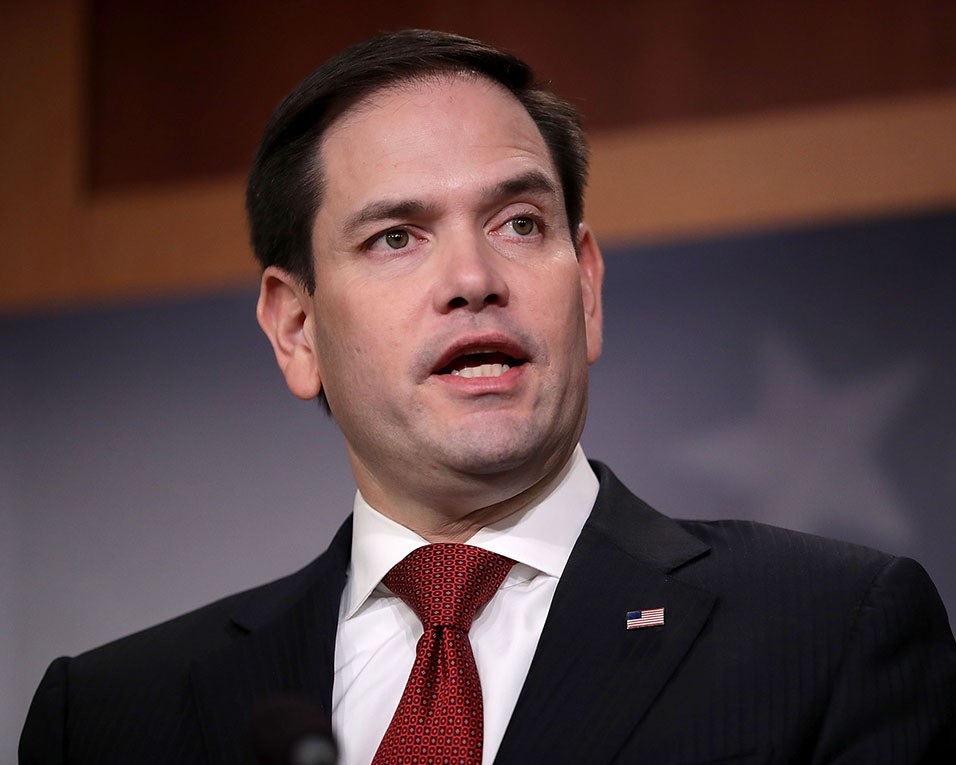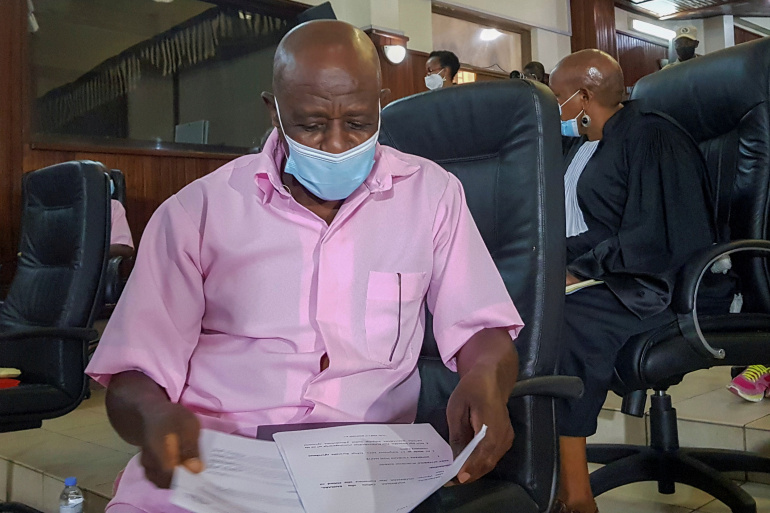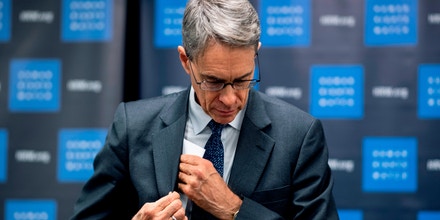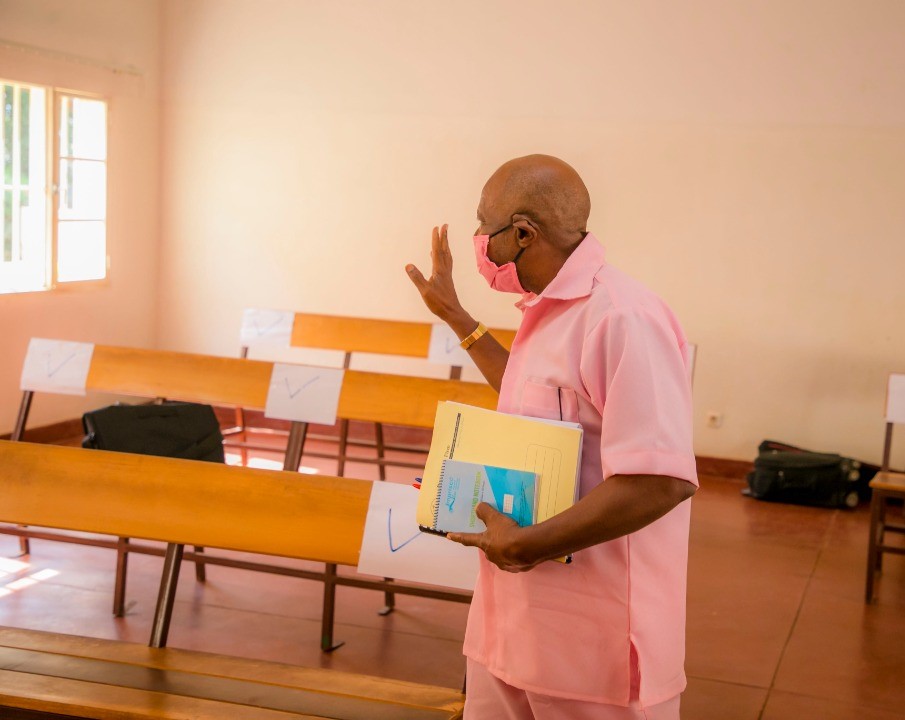Opinion
On Rwanda, Marco Rubio fumbles terrorism

On Monday, a Rwandan court sentenced Paul Rusesabagina, the hotelier made famous in 2004's Hotel Rwanda, to 25 years in prison on various terrorism charges. Sen. Marco Rubio, a Florida Republican, a member of both the Senate Select Committee on Intelligence and the Senate Foreign Relations Committee, tweeted , "Paul Rusesabagina, who saved 1,268 lives during the Rwandan genocide, was unjustly detained in #Rwanda, and has been found guilty in a sham trial. Senator Rubio demands that Paul be set free."
Rubio is wrong.
His statement does damage to U.S. counterterrorism efforts, and
he should know better. It is essential that the United States base its
counterterrorism efforts on reality, rather than Hollywood narratives.
The facts of the Rusesabagina case date to the period after the
events of 1994. The fame Hollywood brought whetted Rusesabagina’s ambitions. In
2006, he founded his own political party and was soon jet-setting around the
world to solicit support. He did not find much and grew steadily more
frustrated and conspiratorial . This
included his arguing both that
Rwandan President Paul Kagame was complicit in the original genocide and that
he was leading a counter-genocide against Rwanda’s Hutus. Such delusions are a
mark against Rusesabagina’s character, but they are not a crime.
Rusesabagina went further, however: He created a foundation that
raised money, which Rusesabagina then transferred to militant supporters in
Burundi who staged terrorist attacks. The Rwandan prosecutor-general
successfully requested U.S. assistance to compel Western Union to turn over
records of Rusesabagina's money transfers to Democratic Forces for the
Liberation of Rwanda operatives.
The Treasury Department subsequently designated the Democratic
Forces for the Liberation of Rwanda as a terror group. As a member of the Senate
Foreign Relations Committee’s subcommittee on Africa, Rubio is presumably aware
of this designation. He should also be aware that Rusesabagina later vowed to
fight the Rwandan government. "The time has come for us to use any means
possible to bring about change in Rwanda," he declared as the groups he funded launched terror attacks on school
teachers, bus drivers, and ordinary villagers in southern Rwanda. In May 2021,
I visited the sites of the attacks and interviewed survivors . The scars are real.
Rubio is also mistaken as to the injustice of Rusesabagina’s
detention. Not only is international law and precedent firmly on Rwanda’s side , but so, too, is logic.
Rusesabagina said he boarded a private jet to speak to a
congregation in Burundi, one of the world’s poorest countries. This never
passed the smell test: Few churches in affluent countries charter flights for
guest speakers. The White House, State Department, and U.S. intelligence community
had spent years seeking to convince Burundi to stop allowing its territory to
be used as a terrorist base to destabilize Rwanda and other nearby countries.
Finally, Burundi’s president agreed . The reason for the tepid U.S. reaction to Rusesabagina’s
initial arrest was consensus within the U.S. government that Rusesabagina was
traveling to Burundi for it to revert to the status quo ante and allow his
cross-border terrorism to continue.
It is possible to criticize some aspects of Rusesabagina’s
trial, but the evidence backing his conviction was rock solid. It was no sham.
It is also fair to criticize Kagame, but no U.S. senator should endorse the
view that political criticism justifies terror. That, unfortunately, rather
than Hollywood heroics is what Rusesabagina now stands for.
Michael Rubin is a contributor to the Washington Examiner's Beltway Confidential. He is a senior fellow at the American Enterprise Institute.
Source: www.washingtonexaminer.com






